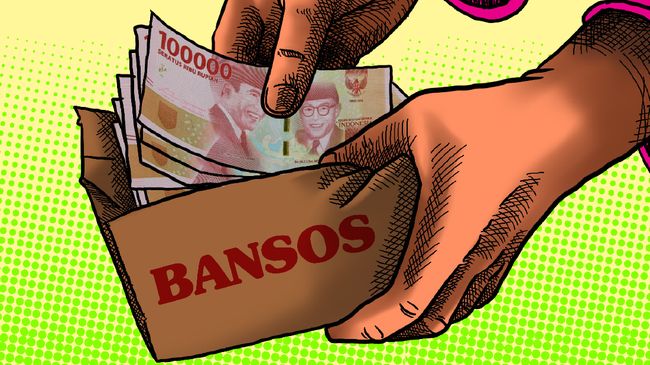Research Institute: Diverting Fuel Subsidy to Productive Sector and Social Support is More Effective and Beneficial
The current global situation has caused world oil prices to soar dramatically and made the Indonesian currency exchange rate to depreciate. This directly affects the huge burden of energy subsidies borne by the state, which currently reaches around 502 trillion.
Mamit Setiawan, Executive Director of Energy Watch assessed that in the current global situation which is full of uncertainty, the budget allocation for subsidized fuel will burden the state’s finances.
On the other hand, it is a fact that so far the use of subsidized fuel has been dominated by wealthy people. He considered this to be counterproductive and could lead to social disparities between the upper middle class and the lower class.https://44e5cfb52bf5c372944354040a8901f2.safeframe.googlesyndication.com/safeframe/1-0-38/html/container.html
Furthermore, Mamit argues that in order to be right on target, the use value of subsidies will be much more effective and have a positive impact if they are transferred to various productive sectors such as education and scholarship programs, assistance to fishermen and farmers, infrastructure development, hospitals, schools and so on. He assessed that the fuel price adjustment was the right step for the government to shift the state budget to a productive sector. Especially for people who need it more.
In line with this statement, Indonesian Laboratory 45 (LAB 45) policy observer, Reyhan Noor said that a large amount of money from fuel subsidies could be diverted to continue the agenda of structural economic transformation.
Reyhan argues that the main problem in distributing fuel subsidies has always been its low effectiveness in helping people who really need it. In the context of maintaining welfare, fuel subsidy money would be better if it was channeled directly to people who fit the criteria for need.
The Direct Cash Assistance (BLT) policy has a higher effectiveness than the fuel subsidy . Meanwhile, this year’s relatively large energy subsidy and compensation budget has a trade-off from the economic structural transformation agenda.
Separately, the Executive Director of Next Policy, Fithra Faisal also supports the government to adjust the price of subsidized fuel , but this step must be accompanied by BLT to the public.
He further explained that the compensation for BLT to the community could reach Rp 45 trillion. This means that it will not be greater than the potential for a budget explosion due to energy subsidies which currently have reached 500 trillion.
